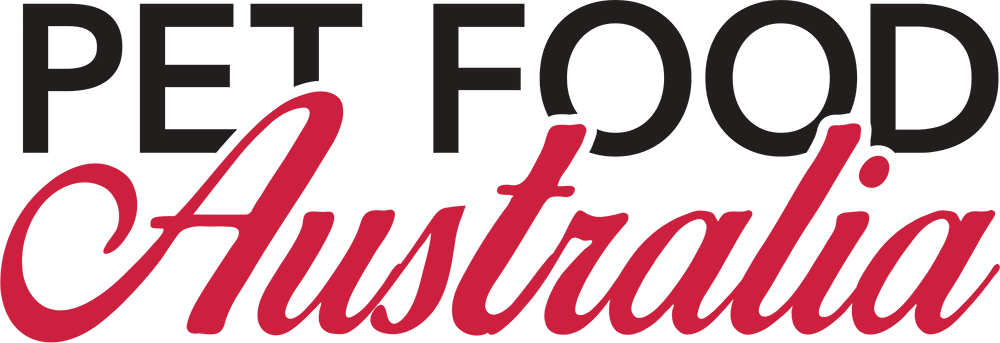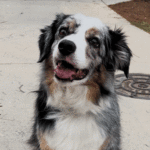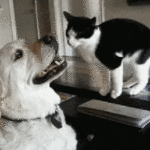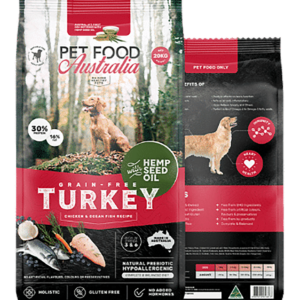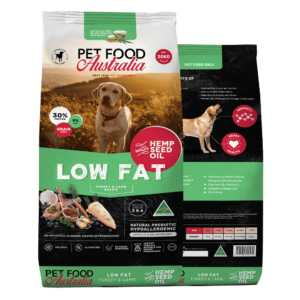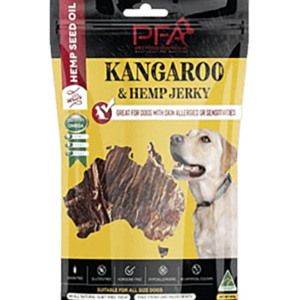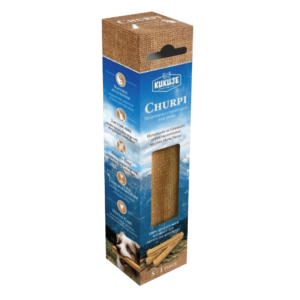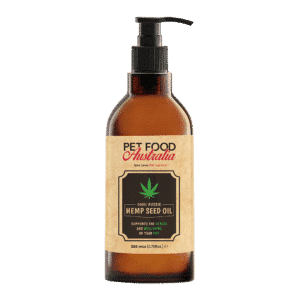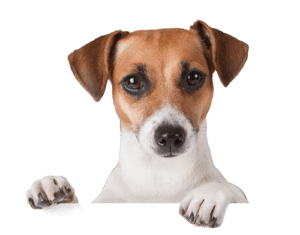No products in the cart.
The Link between Obesity and Diet in Pets
As pet owners, we want to ensure our furry friends are healthy and happy. However, with more than 50% of pets in Australia being overweight or obese, it’s time to address the link between obesity and diet in pets. In this blog, we’ll explore why diet is essential in preventing pet obesity and what steps you can take to ensure your pet stays healthy.
Understanding Pet Obesity

Pet obesity is a growing concern in Australia, with pets being overfed, under-exercised, and consuming diets that are high in calories. Just like humans, pets who are overweight or obese face a higher risk of developing health problems such as diabetes, heart disease, and arthritis.
According to the Animal Emergency Service, “Up to 50% of dogs and a third of cats are overweight. In most cases, obesity in our pets is caused by overfeeding (and spoiling them with treats) and lack of exercise. Combined, this means excess calories are stored as fat. Being overweight is generally caused by an imbalance of calories consumed versus calories expended.”
The Link Between Diet and Pet Obesity
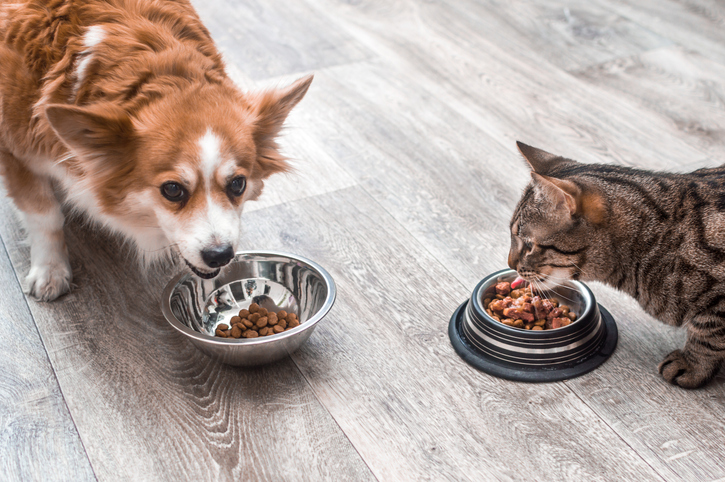
One of the most significant contributors to pet obesity is diet. It’s important to remember that our pets rely on us to provide them with the proper nutrition to maintain a healthy weight. Feeding your pet too much, feeding them too often, or giving them too many treats can all lead to weight gain. It’s also important to consider the food quality you’re feeding your pet. Low-quality food high in carbohydrates, sugars, and fats can contribute to weight gain and other health problems.
Why does maintaining a healthy weight matter?
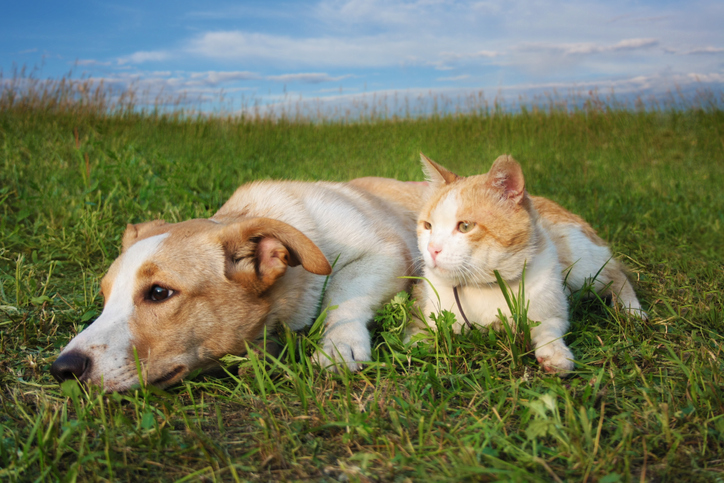
Maintaining a healthy weight for your pet is essential for their overall health and well-being. Obesity in pets can lead to various health problems, including joint pain, diabetes, heart disease, and liver disease. In addition, an overweight pet may have a shorter life expectancy and be less active, less playful, and less able to enjoy life.
A healthy weight will ensure your pet can move comfortably and enjoy life fully. A proper diet and exercise regimen can also improve your pet’s quality of life and lead to a longer and happier life together.
Choosing the Right Food for Your Pet
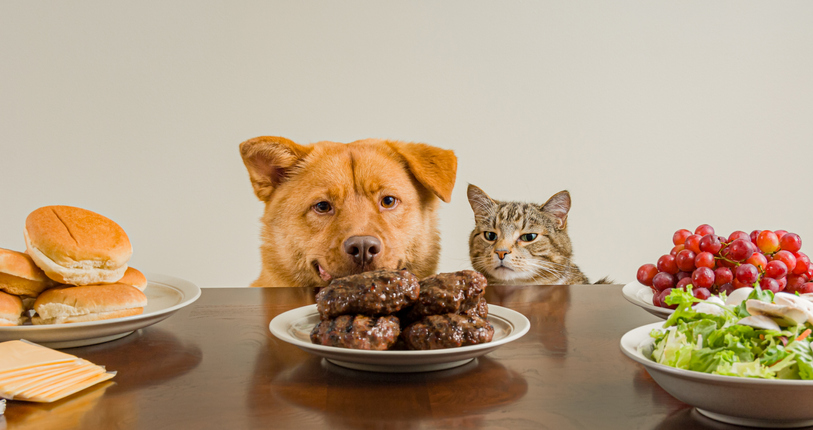
When it comes to choosing the right food for your pet, there are a few things to consider:
- Choose a high-quality food that’s specifically designed for your pet’s breed, size, age, and activity level.
- Be mindful of portion sizes and only feed your pet the recommended amount.
- Avoid giving your pet too many treats; when you provide them with a treat, choose one that’s low in calories.
High-quality pet food will provide your pet with all the essential nutrients they need to stay healthy and strong. This means including plenty of protein, vitamins, and minerals in their diet. Many signs indicate high-quality pet food. These include a good ingredients list, minimal additives, and high protein content.
Pet Food Australia specifically designed their pet food formula to be rish in superfoods and essential nutrients to keep your pooch happy and healthy. Check out the range here.
Tips for Maintaining a Healthy Weight

In addition to choosing the right food for your pet, there are a few other things you can do to help them maintain a healthy weight:
- Make sure they’re getting enough exercise. This will help them burn off excess calories and keep them mentally stimulated and happy.
- Weigh your pet regularly and adjust their food intake as needed. If you notice they’re gaining weight, you may need to reduce their food intake slightly or increase their exercise.
- Consider talking to your vet about a weight loss plan if your pet is already overweight or obese.
In conclusion, there’s a strong link between obesity and diet in pets, and it’s essential to take steps to ensure your pet stays healthy. Choose high-quality food that’s specifically designed for your pet’s needs, be mindful of portion sizes, and ensure they’re getting enough exercise. By taking these steps, you’ll be helping to prevent pet obesity and ensuring your furry friend leads a happy, healthy life.
If you have questions about understanding your dog or want more information on the best diet for your pet, contact the Pet Food Australia team today. We are always happy to help!
P.S. If pet memes give you a giggle, then we highly suggest following along on Instagram and Facebook for a paws-itiviley howl-arious time!
